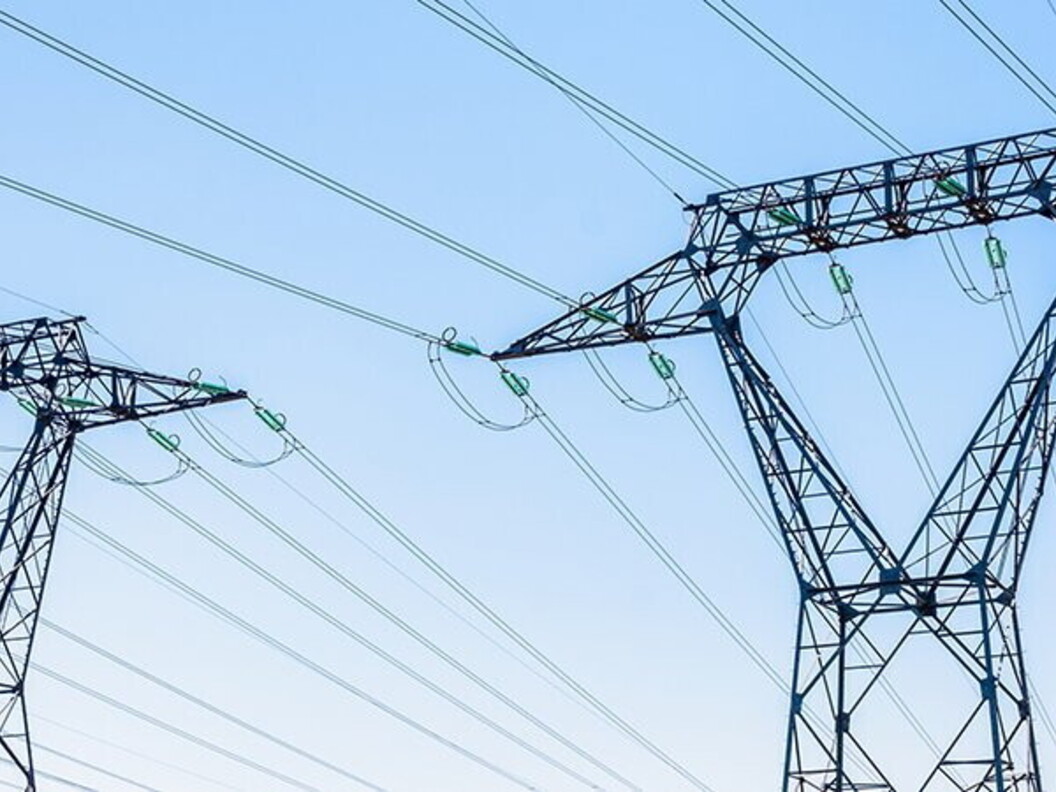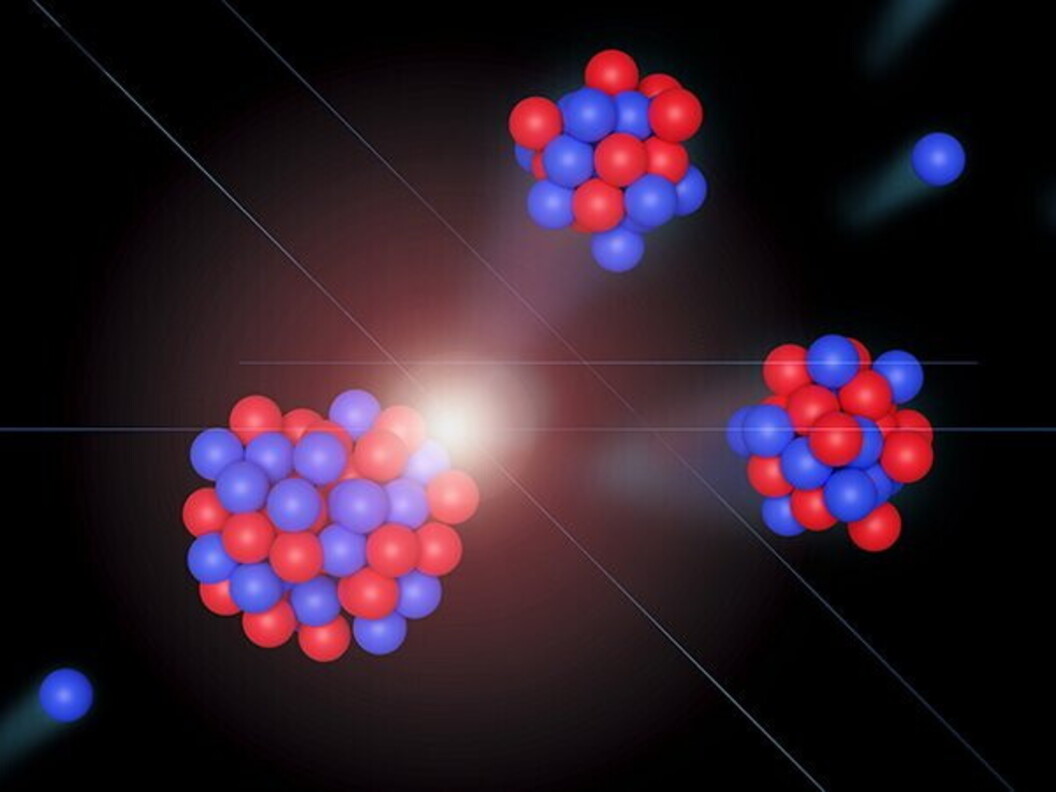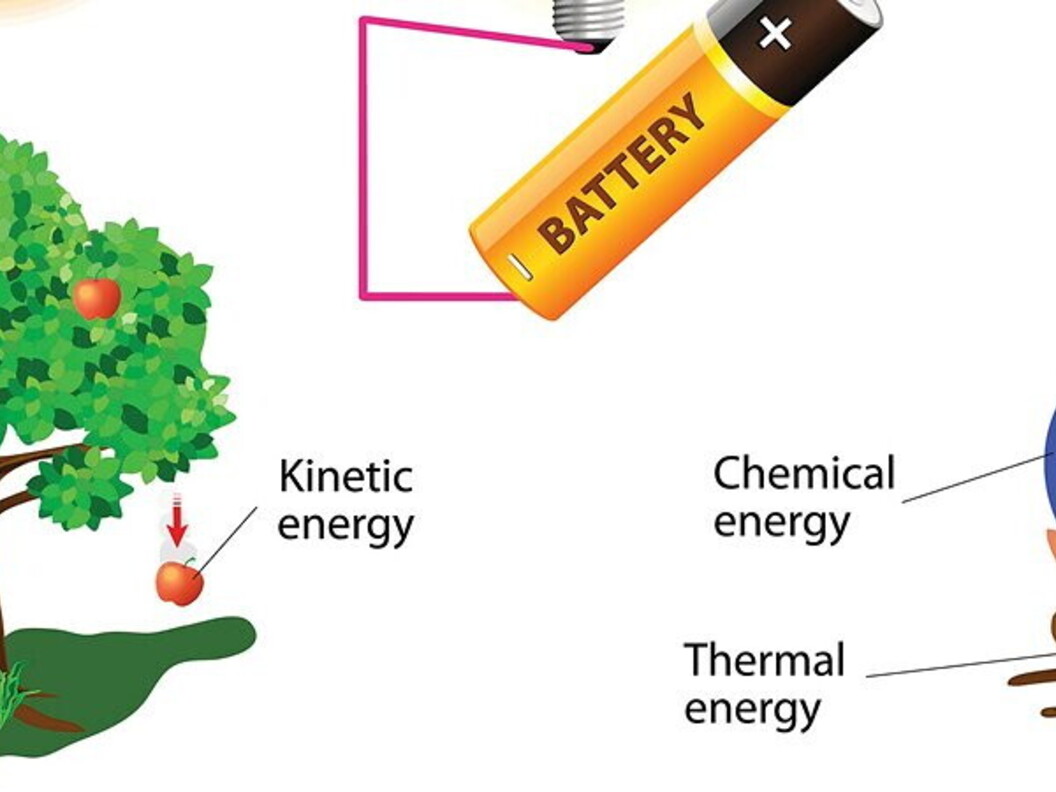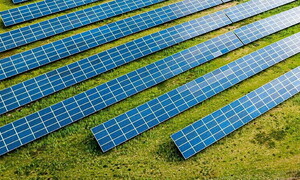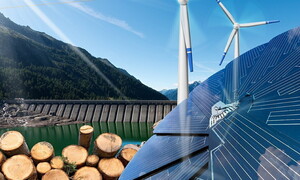When we talk of energy, we refer to the physical quantity that measures the ability of a body or physical system to perform work, regardless of whether that work is or can actually be performed. The basic principle of energy is that it is neither created, nor destroyed, but simply changes form. The various forms of energy, therefore, can be converted from one to another, but not always. For example, we can transform the sun's radiant energy into electricity, using a photovoltaic panel. Contrary to what is often thought, we cannot directly transform nuclear energy into electricity. Nuclear power plants are in fact sophisticated water boilers that convert nuclear energy into heat, i.e. thermal energy, which is then converted into mechanical energy and finally into electricity.





